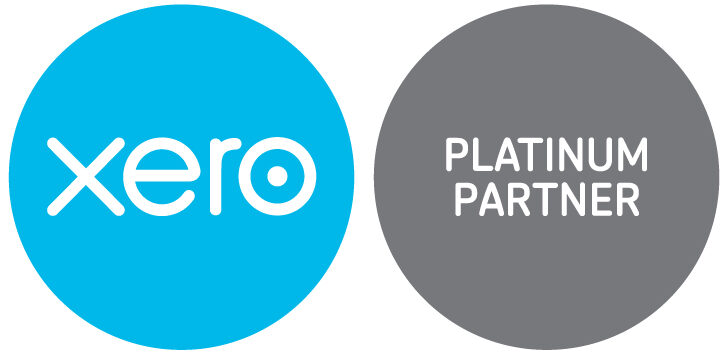VAT payment deferral ends on 30 June 2020
As part of the range of financial support at the outset of the COVID-19 outbreak, HMRC gave VAT registered businesses the option to defer their VAT liabilities if they were unable to pay on time, meaning that payment of VAT falling due between 20 March and 30 June 2020 could be deferred until 31 March 2021.
HMRC have now issued reminders that the option to defer paying VAT ends on 30 June 2020. This means that VAT returns with a payment due date after 30 June must be paid in full and on time. In order to ensure payments are made on time Direct Debits should be reinstated at least 3 working days prior to submitting VAT returns.
Any VAT payments that have been deferred will need to be paid in full on or before 31 March 2021. If they choose to, businesses can make ad hoc payments with their VAT returns prior to 31 March 2021 to reduce the amount outstanding and payable on this date.
Self Employed Income Support Scheme amended for parents and further details announced for claiming the second grant
The government have announced that self-employed parents previously excluded from claiming under the coronavirus self-employed income support scheme may now be eligible to make a claim. Previously, eligibility criteria included the stipulation that current trading profits must be no more than £50,000 but be more than half of total income for either the tax year 2018 to 2019 or the average of the tax years 2016-17, 2017-18 and 2018-19. This had the potential to impact on the eligibility for many self-employed parents whose trading profits dipped in 2018/19 after the birth of a child.
The change announced means that parents and those who have adopted children during those years, who took time away from trading to care for their children within the first 12 months of birth, or within 12 months of an adoption placement, will now be able to use their 2017-18, or both of their 2016-17 and 2017-18 self-assessment tax returns as proof of eligibility for SEISS.
The remaining eligibility criteria will still need to be satisfied in order to receive financial support under the scheme, including the requirement to have submitted a tax return for the 2018/19 tax year prior to the extended submission date of 23 April 2020.
Further details have also been announced on the extension to this scheme and the second claimable grant. Applications for the first grant under the scheme – 80% of average trading profits capped to a maximum of £7,500 will close on 13 July 2020. Applications for the second grant under the scheme –70% of average trading profits capped at a maximum of £6,570 – opens in August 2020.
If their business is adversely affected in the period up to 13 July 2020 then the self-employed individual can claim the first grant, if adversely affected in the period from 14 July 2020 they can claim the second grant. Both grants can be claimed if a business is affected throughout both periods.
The government have also confirmed that individuals can claim for the second grant even if they did not claim the first grant, as long as their circumstances have changed due to COVID-19 and all other qualifying criteria are met.
The second grant requires claimants to demonstrate that their business is adversely affected by Covid-19 on or after 14th July 2020.
Whilst the claimant is required to self-certify that their business has been affected by Covid-19 on or after the 14th July 2020 guidance has been given of why a business might be adversely affected, this list is not exhaustive but includes:
The business owner is unable to work because they:
- are shielding;
- are self-isolating;
- are on sick leave because of coronavirus; or
- have caring responsibilities because of coronavirus.
The business has had to scale down or temporarily stop trading because:
- the supply chain has been interrupted;
- there are fewer or no customers or clients; or
- staff are unable to come into work.
In order to demonstrate that business has been affected each claimant should keep detailed records of how and why they believe their business has been adversely affected, and for which periods.
As with the first grant claim we are unable to claim the second grant on your behalf. We will, however, be able to assist you with any claim if required. Claims may be made from August 2020.
If you have any questions on the above or require any further information please do not hesitate to contact your usual RPG contact.







 Production
Production